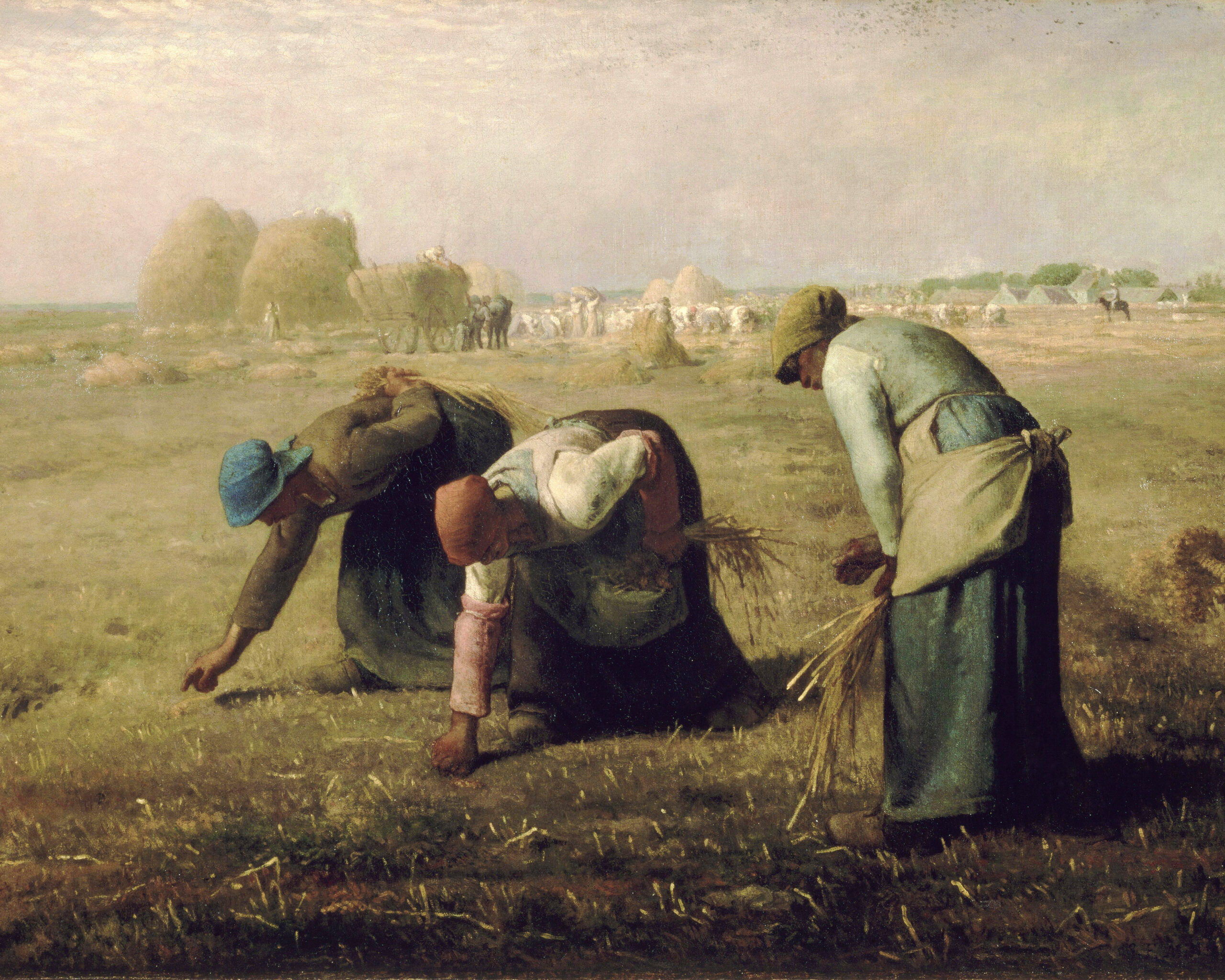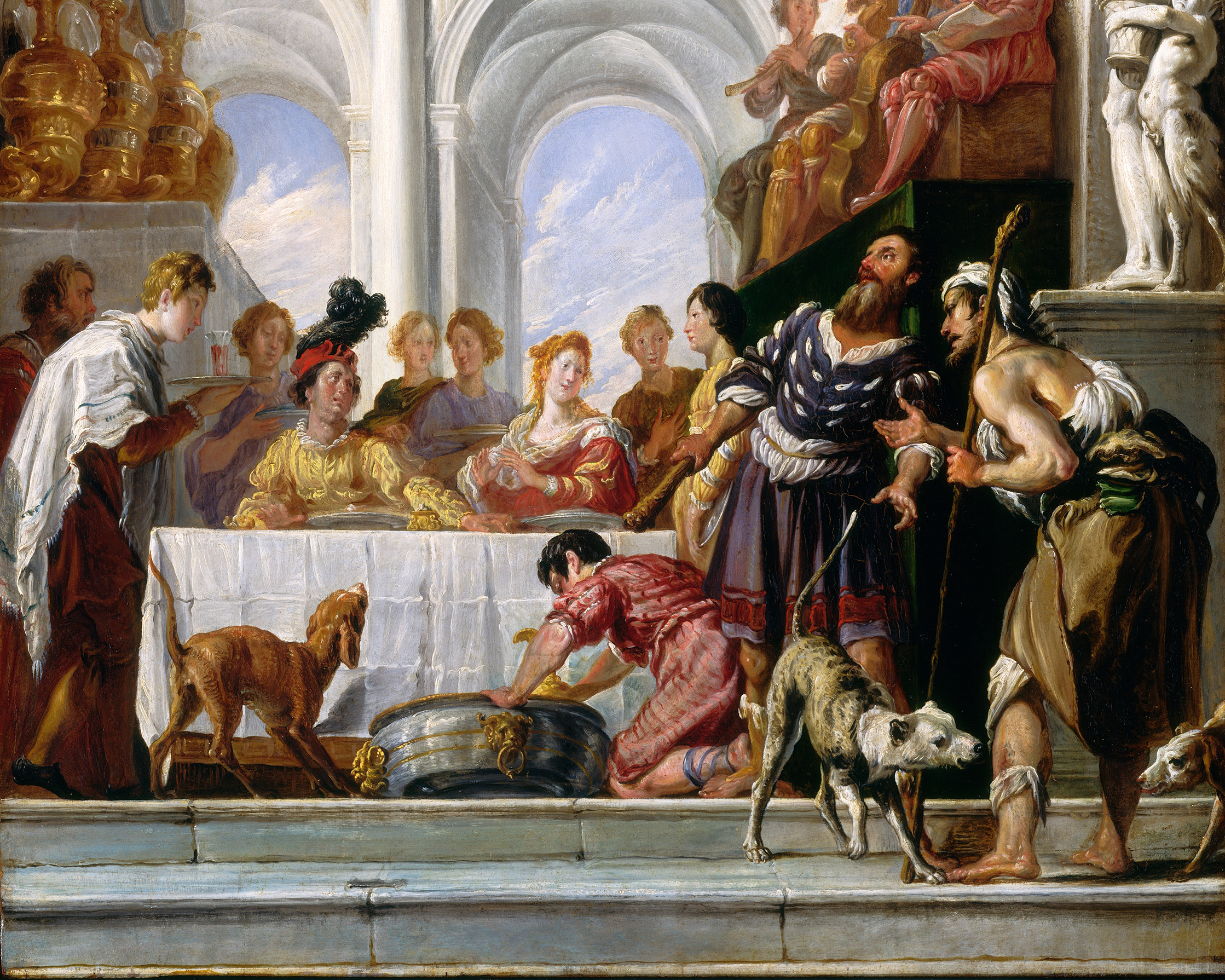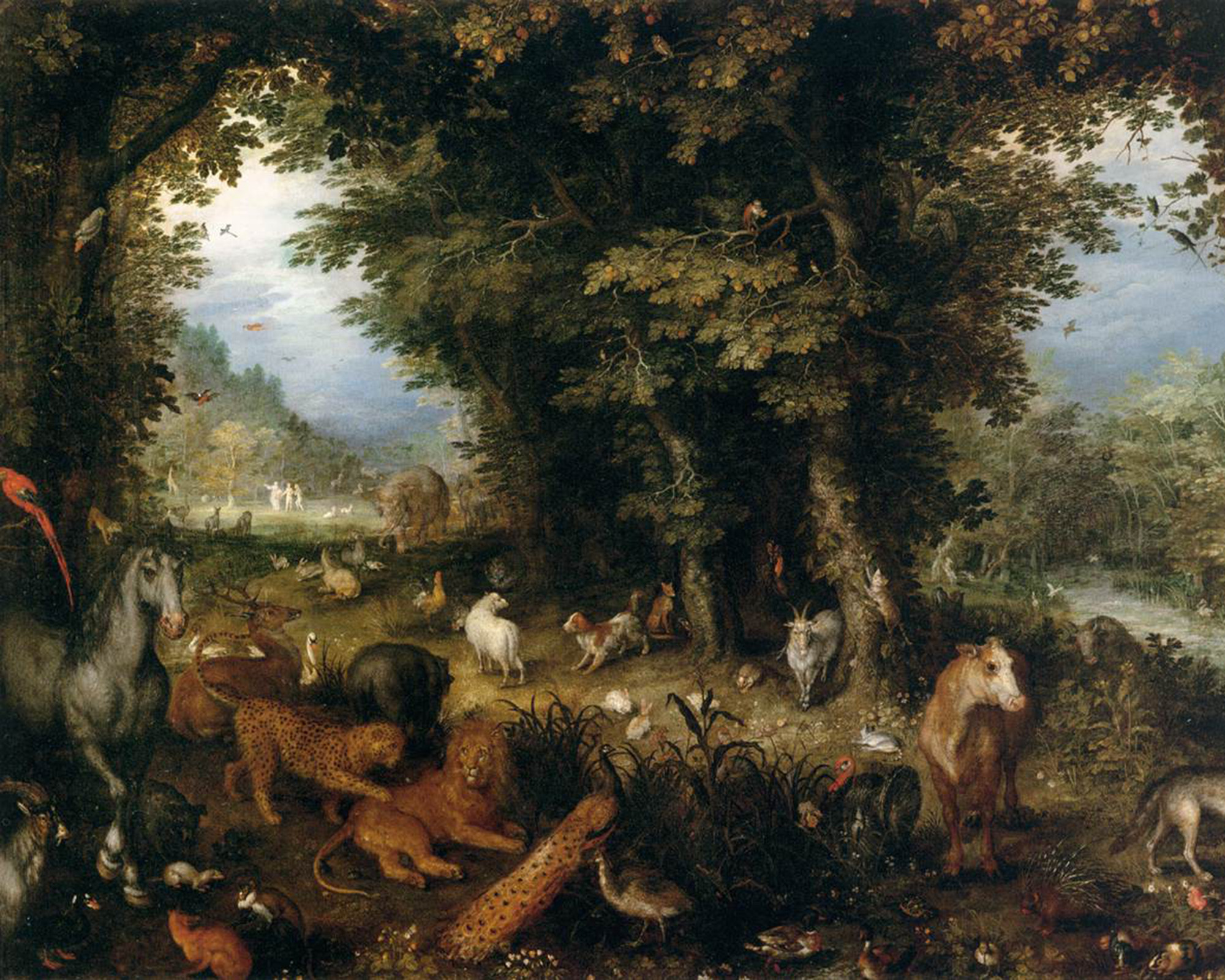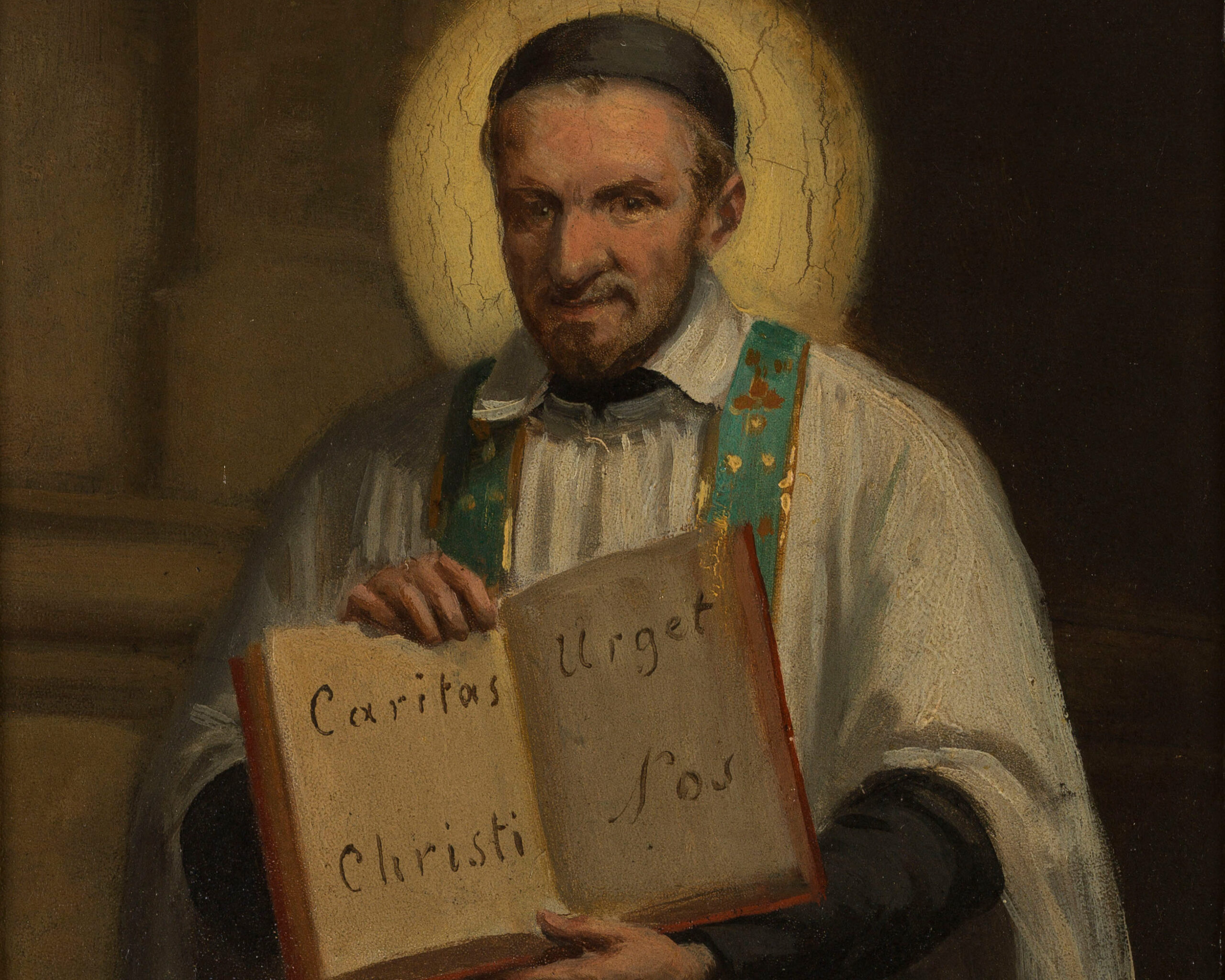“Some there are who have become faithful servants, serving Me with fidelity without servile fear of punishment, but rather with love. This very love, however, if they serve Me with a view to their own profit, or the delight and pleasure which they find in Me, is imperfect.
Dost thou know what proves the imperfection of this love? The withdrawal of the consolations which they found in Me, and the insufficiency and short duration of their love for their neighbor, which grows weak by degrees, and ofttimes disappears. Towards Me their love grows weak when, on occasion, in order to exercise them in virtue and raise them above their imperfection, I withdraw from their minds My consolation and allow them to fall into battles and perplexities. This I do so that, coming to perfect self-knowledge, they may know that of themselves they are nothing and have no grace, and accordingly in time of battle fly to Me, as their Benefactor, seeking Me alone, with true humility, for which purpose I treat them thus, withdrawing from them consolation indeed, but not grace.
At such a time these weak ones, of whom I speak, relax their energy, impatiently turning backwards, and sometimes abandon, under color of virtue, many of their exercises, saying to themselves, This labor does not profit me. All this they do, because they feel themselves deprived of mental consolation.
Such a soul acts imperfectly, for she has not yet unwound the bandage of spiritual self-love, for, had she unwound it she would see that, in truth, everything proceeds from Me, that no leaf of a tree falls to the ground without My providence, and that what I give and promise to My creatures, I give and promise to them for their sanctification, which is the good and the end for which I created them. But, since they are imperfect, they make use of Me only for their own profit, relaxing their love for their neighbor.
Thus, those in the first state come to nought through the fear of enduring pain, and those in the second, because they slacken their pace, ceasing to render service to their neighbor, and withdrawing their charity if they see their own profit or consolation withdrawn from them: this happens because their love was originally impure, for they gave to their neighbor the same imperfect love which they gave to Me, that is to say, a love based only on desire of their own advantage.
If, through a desire for perfection, they do not recognize this imperfection of theirs, it is impossible that they should not turn back. For those who desire Eternal Life, a pure love, prescinding from themselves, is necessary, for it is not enough for eternal life to fly sin from fear of punishment, or to embrace virtue from the motive of one’s own advantage. Sin should be abandoned because it is displeasing to Me, and virtue should be loved for My sake.
It was with this imperfect love that St. Peter loved the sweet and good Jesus, My Only-begotten Son, enjoying most pleasantly His sweet conversation, but, when the time of trouble came, he failed, and so disgraceful was his fall, that, not only could he not bear any pain himself, but his terror of the very approach of pain caused him to fall, and deny the Lord, with the words, ‘I have never known Him.’
The soul who has climbed this step with servile fear and mercenary love alone, falls into many troubles. Such souls should arise and become sons, and serve Me, irrespective of themselves, for I, who am the Rewarder of every labor, render to each man according to his state and his labor; wherefore, if these souls do not abandon the exercise of holy prayer and their other good works, but go on, with perseverance, to increase their virtues, they will arrive at the state of filial love, because I respond to them with the same love, with which they love Me, so that, if they love Me, as a servant does his master, I pay them their wages according to their deserts, but I do not reveal Myself to them, because secrets are revealed to a friend, who has become one thing with his friend, and not to a servant.
Yet it is true, that a servant may so advance by the virtuous love which he bears to his master, as to become a very dear friend, and so do some of these of whom I have spoken, but while they remain in the state of mercenary love, I do not manifest Myself to them. If they, through displeasure at their imperfection, and love of virtue, dig up, with hatred, the root of spiritual self-love, and mount to the throne of conscience, reasoning with themselves, so as to quell the motions of servile fear in their heart, and to correct mercenary love by the light of the holy Faith, they will be so pleasing to Me, that they will attain to the love of the friend.
This article is taken from a chapter in The Dialogue of Saint Catherine of Siena by St. Catherine of Siena, which is available from TAN Books.









